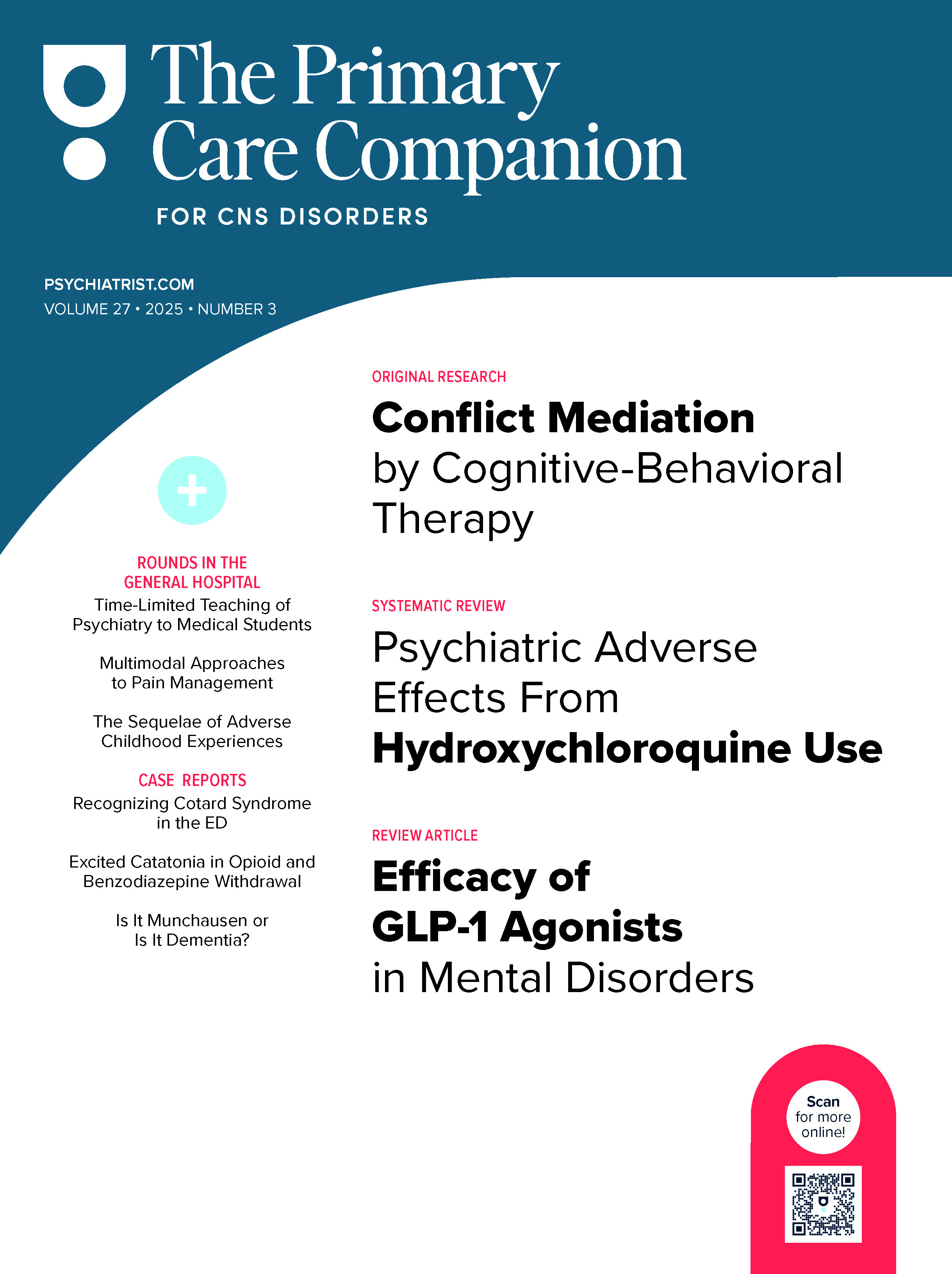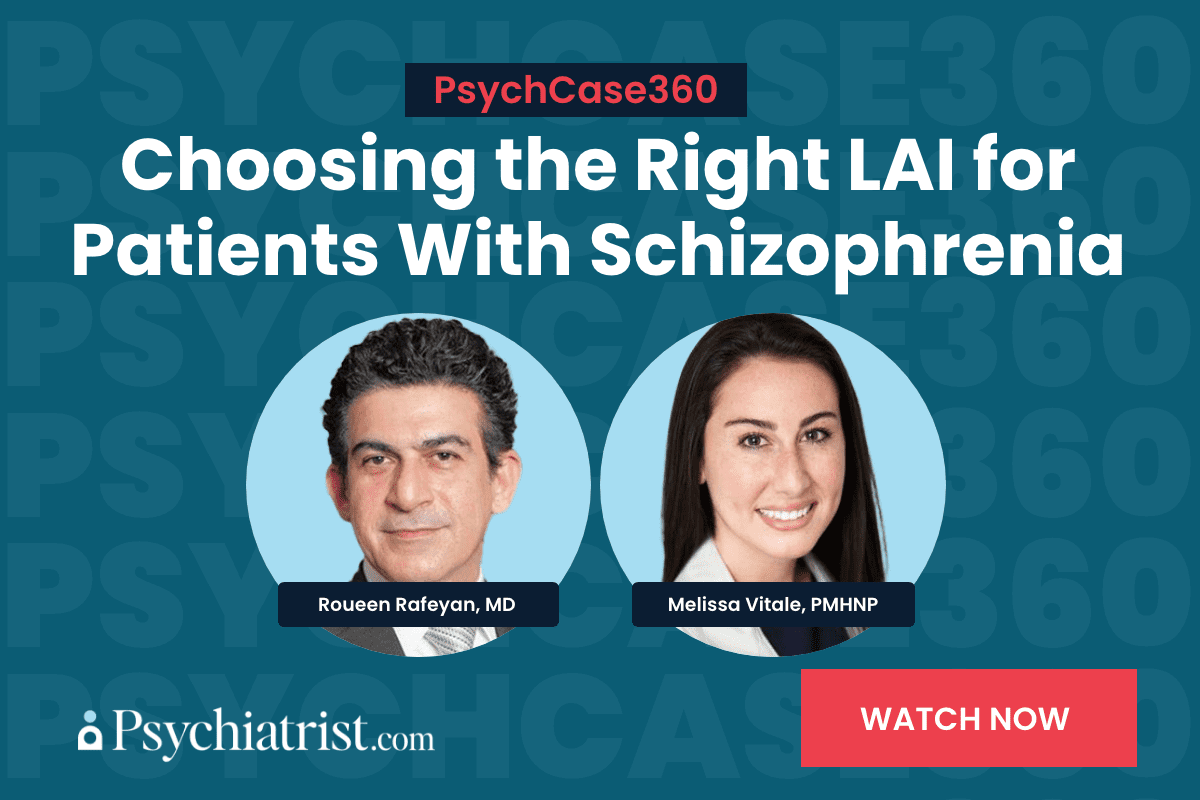The DSM-IV diagnostic criteria for attention-deficit/hyperactivity disorder (ADHD) have proved useful in providing a common language for diagnosing, treating, and researching the disorder. Despite the utility of current ADHD diagnostic criteria, sophisticated theoretical conceptualizations of the etiology of ADHD have described a much more complex disorder that includes a range of neuropsychological impairments(such as working memory deficits and other executive dysfunction) and underlying structural and functional neuropathology (e.g., caudate nucleus volume, frontal lobe activity). Inattention, hyperactivity, and impulsivity, the hallmark triumvirate symptoms of ADHD, may be better viewed as some of the many meaningful symptoms with roots in executive-functioning impairment. Outcomes of brain-imaging studies, public skepticism about diagnosis and treatment, and a demand for meaningful clinical outcomes of treatment point to a considerable need to broaden treatment-outcome criteria beyond the DSM-IV domains. The wide-ranging decrements in adaptive function and quality of life reported by parents of children diagnosed with ADHD further support core executive dysfunction. Emerging findings concerning medication-related improvements in adaptive functioning (e.g., social, emotional, academic),as well as the rapid search for the neuropathology that may underlie these improvements, are fueling interest in the assessment of adaptive function in clinical trials. In a series of ongoing clinical trials of a novel nonstimulant medication for ADHD, many parents reported significant improvements in the lives of their children beyond the DSM-IV criteria. These parental reports, despite their inherent sources of error, underscore the importance of including broader and more meaningful clinical outcome assessment in clinical trials. Research protocols that omit parental interviews that assess adaptive and executive function may well overlook several meaningful and consequential medication-related improvements.
This PDF is free for all visitors!

